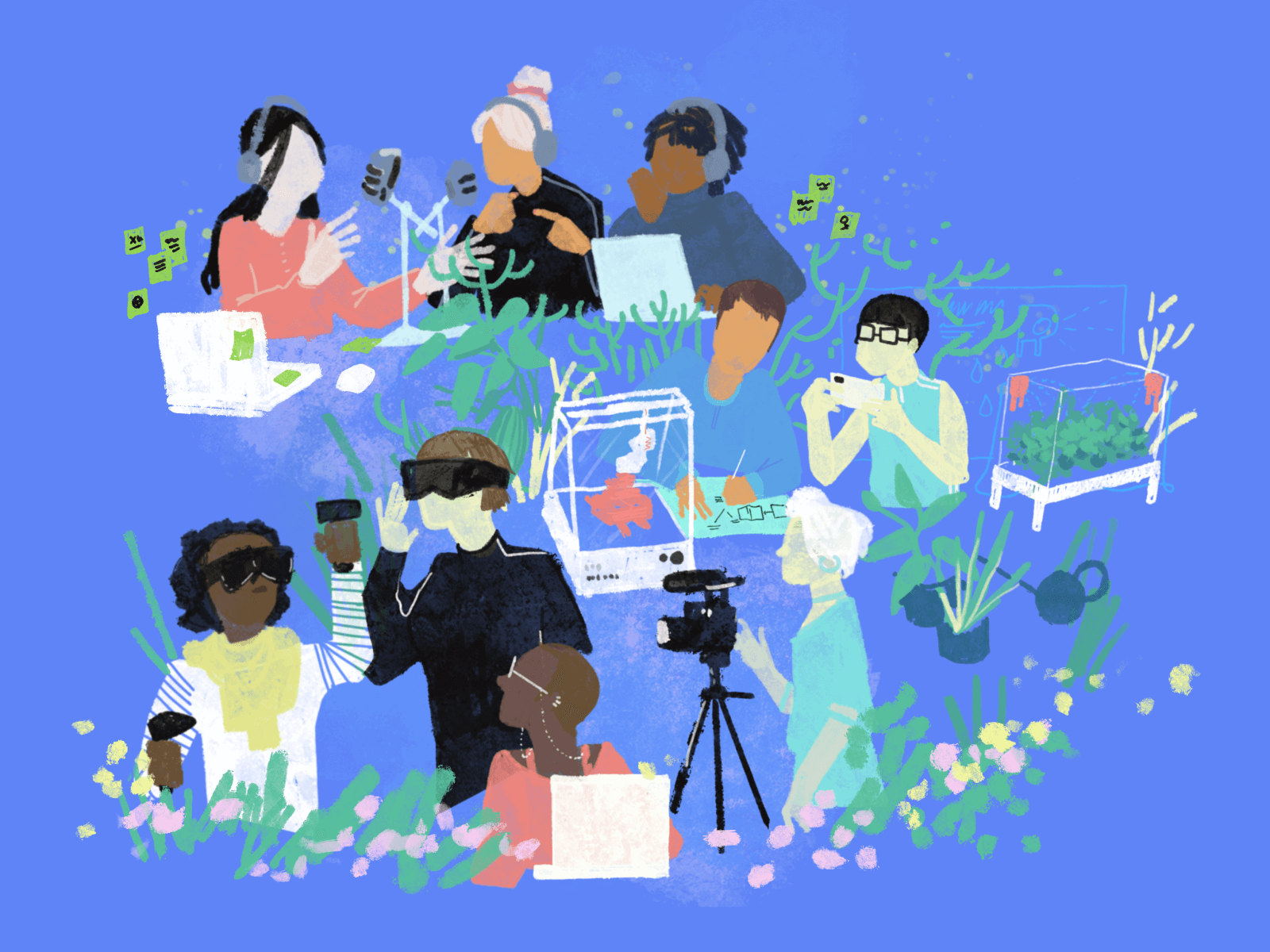
Building for Intersectionality in Tech: An Introduction
By Nicole Thayer & Tiffany Wong
Conversations around the impact of technology, the specific products that are built, and the companies that build them are not new to Carbon Five. As consultants who work across various industries, every new project we take on comes with its unique set of challenges. Typically, these challenges are related to process, communication, or executing upon a certain vision, but occasionally we find ourselves wondering if we’d like to provide services to a company that may not align with our values, or how successful we’d be operating under a set of constraints we may not agree with.
The weight of these conversations and decisions took new meaning in 2020 as, amidst the global pandemic and exacerbation of economic inequality, millions of people in the United States and around the world also confronted systemic racism and institutional perpetuations of harm against marginalized communities. In the tech sector, many companies were quick to denounce racism and make promises to examine their own products, internal practices, and ways of working that could be harming their employees, partners, or customers.
As the events of last year unfolded, a group of us at Carbon Five led by Senior Software Engineer Josh Hou decided to start a book club where we read and discussed Ijeoma Oluo’s book, So You Want To Talk About Race. Among the many honest conversations we had was one on the relationship between intersectionality (as it’s defined by Kimberlé Crenshaw below) and scalability. If the tech industry continues to operate with scalability at the top of the priorities list, who will we inevitably leave behind in the products that we build? In the race to market and road to growth, what marginalized groups are left out — intentionally or not— of the rewards systems that so many companies promise to deliver? Who is meant to benefit? Who, by nature of not being recognized, won’t?
“[Intersectionality is] basically a lens, a prism, for seeing the way in which various forms of inequality often operate together and exacerbate each other. We tend to talk about race inequality as separate from inequality based on gender, class, sexuality or immigrant status. What’s often missing is how some people are subject to all of these, and the experience is not just the sum of its parts.”
We started asking ourselves these questions and wondered how our colleagues throughout the organization thought about the answers in the context of work we’ve done. We started thinking about potential actions that individuals could take on a day-to-day basis to promote more inclusive products in the future. We don’t set out to solve deeply entrenched systemic problems. However, as builders of technology, we do want to take steps towards being accountable in preventing and mitigating harm.
Our hope is to start an ongoing conversation that’s more about creating space to ask difficult questions than it is about having clear and actionable answers. We still have a lot to learn.
What follows is a synthesis of many interviews we conducted across the organization examining how we can be more responsible software engineers, designers, product managers, and decision-makers. Our next post will focus on intersectionality and systemic bias in design and will offer suggestions on how designers can create more inclusive products. After that, we’ll shift the conversation toward how software engineers can consider intersectionality in their work. Then we’ll conclude this series with a blog post about how product managers can make intersectionality a priority over a product life cycle, with tips for having conversations with clients about these topics.
It’s our hope to provide some initial thoughts on how we can start incorporating more of an intersectional awareness into our work, and reconsider entrenched practices and traditional notions of business value. We aspire to build products for people with the understanding that “people” are not a monolith. We hope you enjoy the conversation and that it sparks more conversations in the future. Click here for more information on Carbon Five’s internal efforts around diversity, equity, inclusion, and belonging (DEIB). If you’re in the tech industry and interested in exploring DEIB issues, we’d love to work with you! We’re always taking on new projects and hiring folks who are interested in making the tech industry a better place to work.
Note: This is the first post in this blog series on intersectionality in tech. Check out the second, third, and fourth posts.